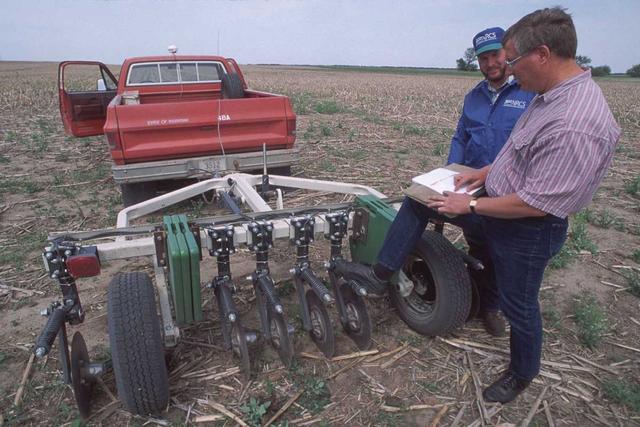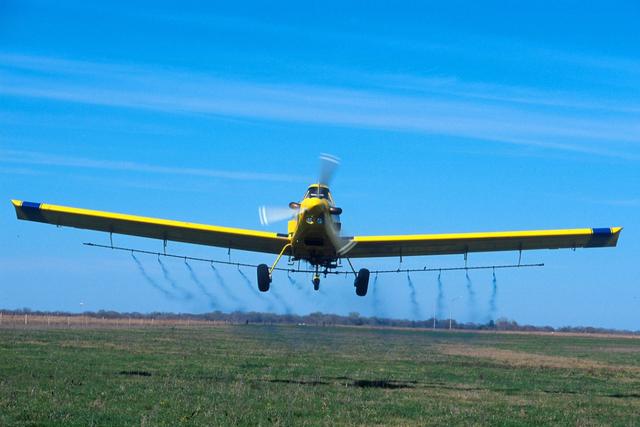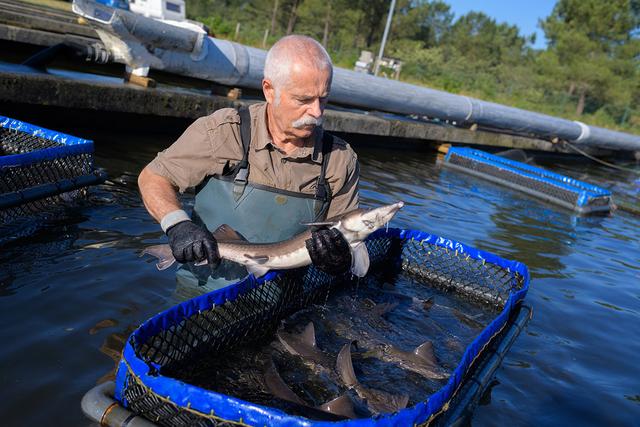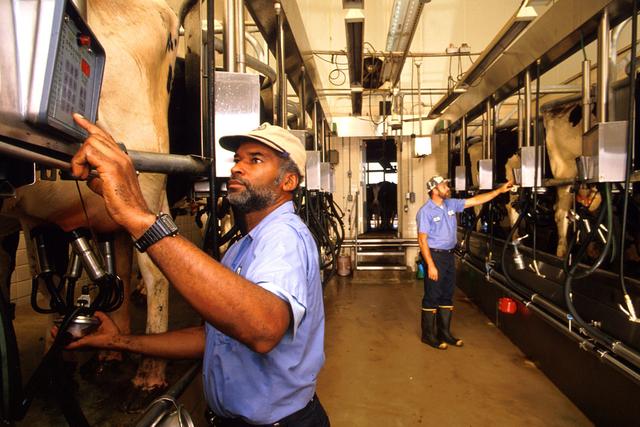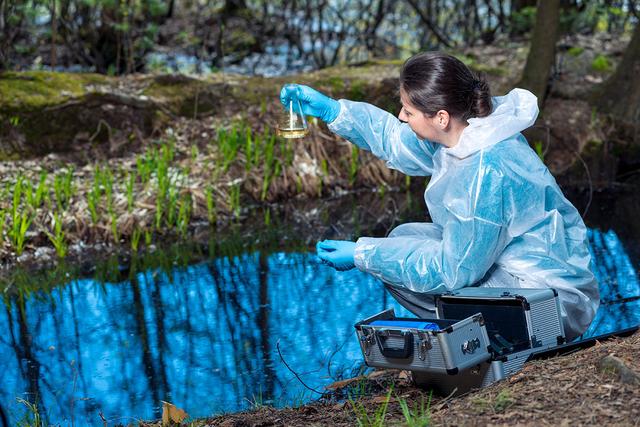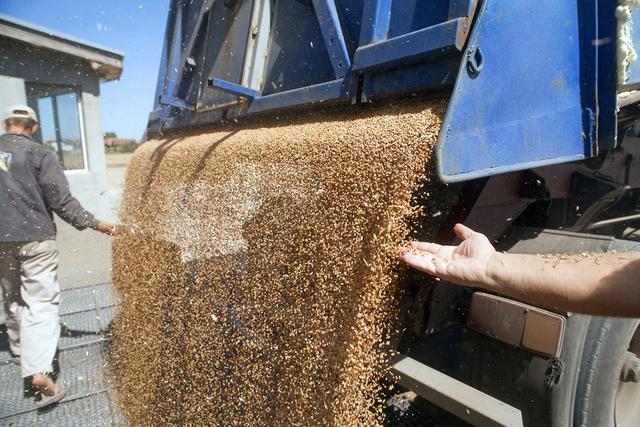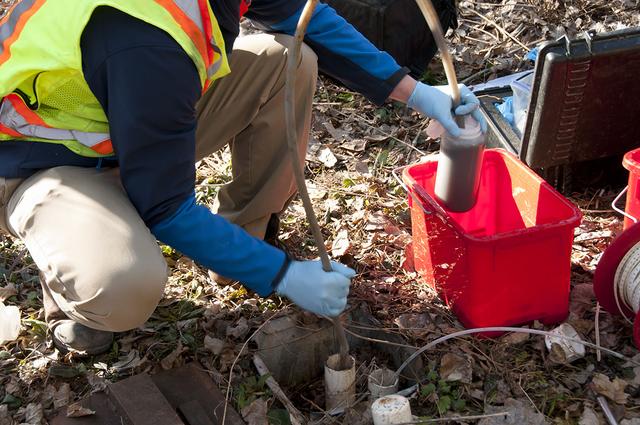Fishers
Overview

Introduction
Fishers catch fish and other marine life by net, trap, and hook and then sell their catch to commercial food processors, restaurants, and fish markets. Fishers work in both the ocean and fresh water bodies. Some fishers run recreational charter fishing businesses: They rent powerboats, provide fishing expertise, and take customers out on the water for sport fishing trips. The U.S. Department of Labor estimates that fishing and hunting workers hold about 25,500 jobs, with about 37 percent of these workers self-employed.
Quick Facts
Median Salary
Employment Prospects
Minimum Education Level
Experience
Skills
Personality Traits
Earnings
Earnings of fishers vary with the season, economy, abundance of fish, market demands, and workers skills and willingness to stay out at sea. Few fishers receive a fixed wage. Instead, they usually earn percentages of the catchs receipts. In New England, ship owners can receive 50 percent of the catchs receipts. The captain may receive 10 percent, and the crew share the remaining 40 percent. Acc...
Work Environment
Fishers work long hours under conditions that are often dangerous and difficult. Lookout watches—usually six hours long—are a regular duty for crew members, who must be prepared to perform this job day or night. Hauling fish on board takes great physical strength and endurance, and the work can be exhausting. Fishers work in all kinds of weather and sometimes spend months at sea in cramped quar...
Outlook
Once booming, fishing as an industry has experienced hard times in the past few decades. Employment for fishers is expected to decline by 1 percent from 2023 through 2033, according to the U.S. Department of Labor (DOL). The industry is affected by such variables as environmental law, ship maintenance costs, improvements in electronic and other fishing gear (which has limited the expansion in c...


